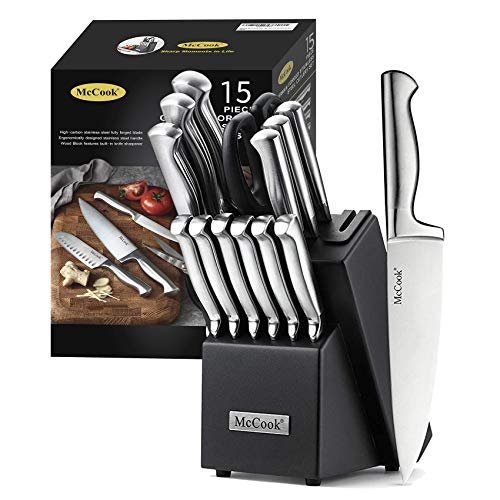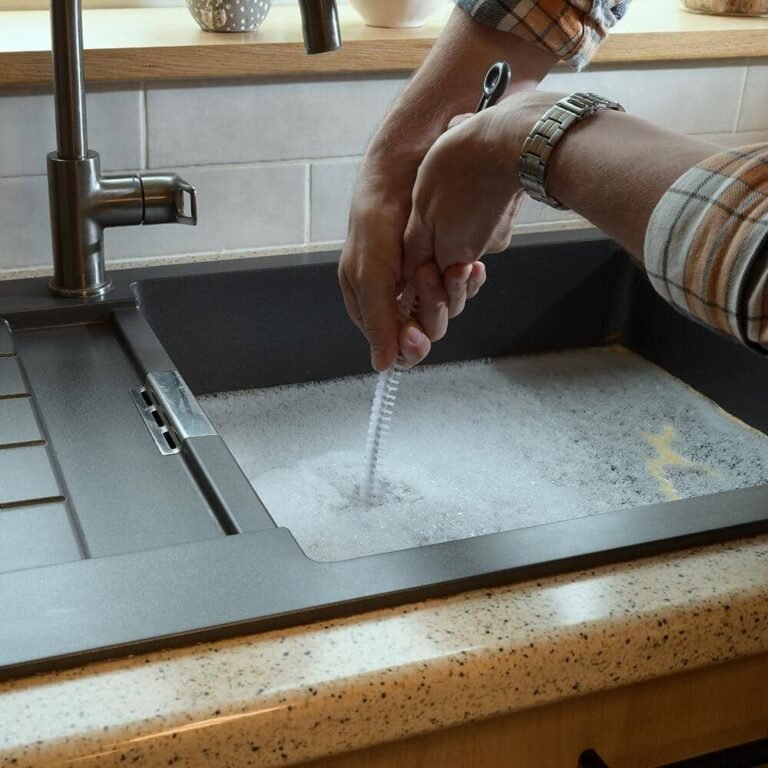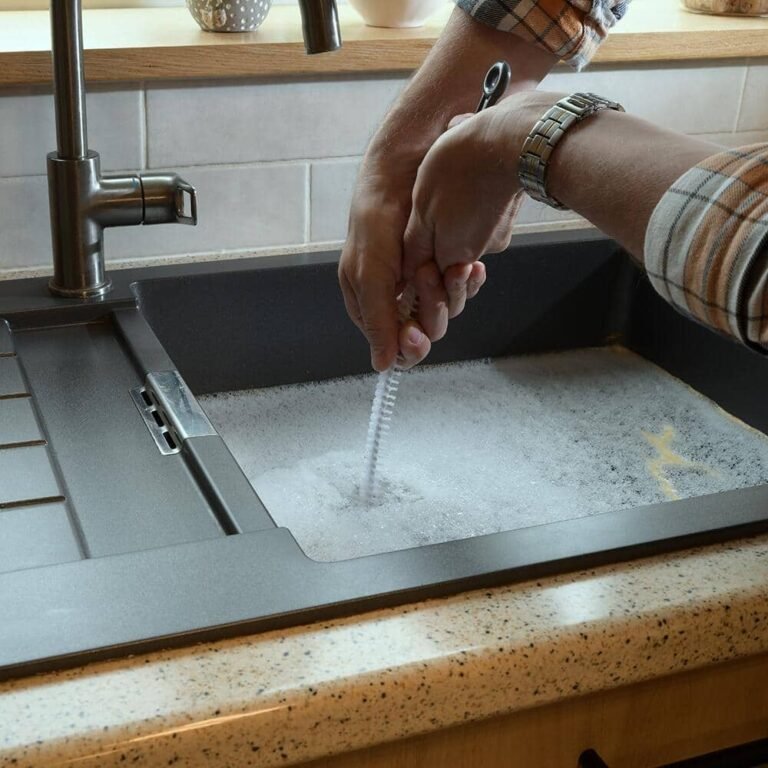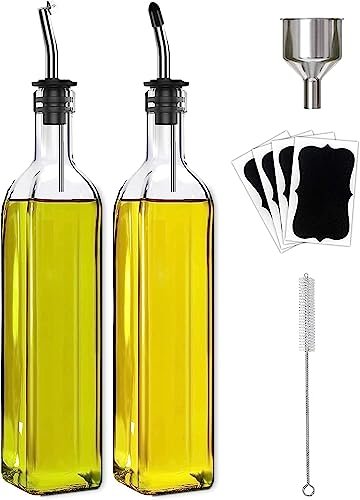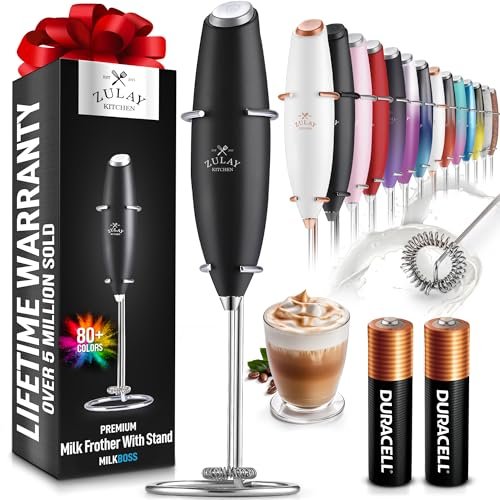Can You Use Bathroom Cleaner in the Kitchen: Safety Tips
Have you ever found yourself reaching for a bathroom cleaner to tackle stubborn kitchen grime? You’re not alone.
Many people wonder if the powerful formulas designed to make bathrooms sparkle can be safely used in the kitchen. After all, both spaces need to be clean, right? Before you spray that cleaner on your kitchen counter, there are a few important things you should know.
Using the wrong product could not only damage surfaces but also pose a risk to your health. We’ll explore whether bathroom cleaners can double as kitchen helpers or if you should stick to products specifically designed for kitchen use. Keep reading to ensure your home remains both spotless and safe.
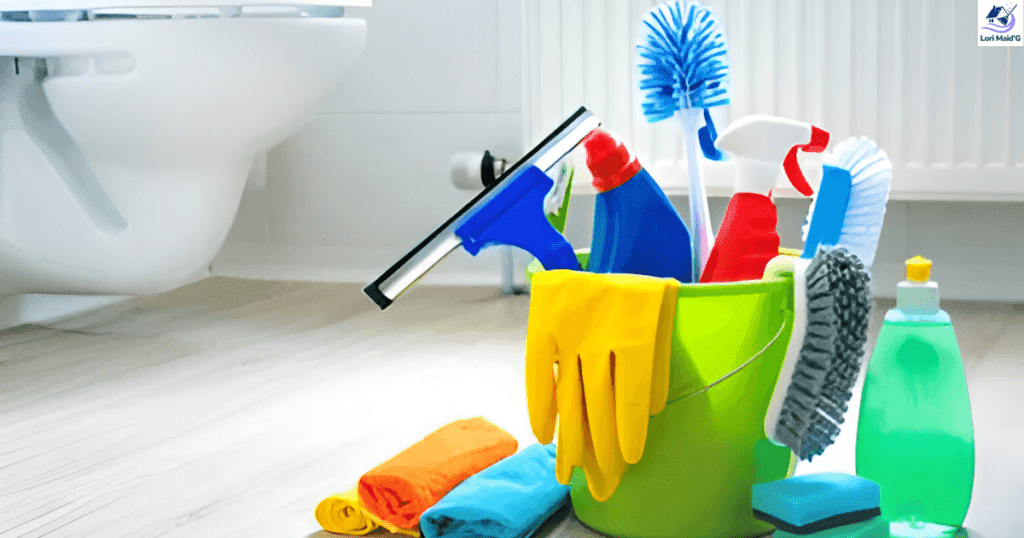
Credit: milwaukeelorimaid.com
Bathroom Vs. Kitchen Cleaners
Cleaning products are essential for maintaining hygiene in our homes. But are bathroom cleaners suitable for the kitchen? Understanding the differences between these products is crucial for safe and effective cleaning. The bathroom and kitchen serve different purposes and face distinct types of dirt and grime. This results in the need for specialized cleaners tailored to their specific environments.
Key Differences
Bathroom cleaners focus on removing soap scum and hard water stains. They often contain stronger chemicals to combat mold and mildew. Kitchen cleaners target grease, food residue, and bacteria. They typically use milder agents suitable for surfaces that come into contact with food. Knowing these differences ensures safe and effective cleaning in each area.
Common Ingredients
Bathroom cleaners often include bleach or ammonia for disinfecting. These ingredients tackle tough stains and kill germs effectively. Kitchen cleaners usually contain degreasers like vinegar or baking soda. These natural ingredients help cut through grease and are food-safe. Understanding these ingredients helps choose the right cleaner for the job.
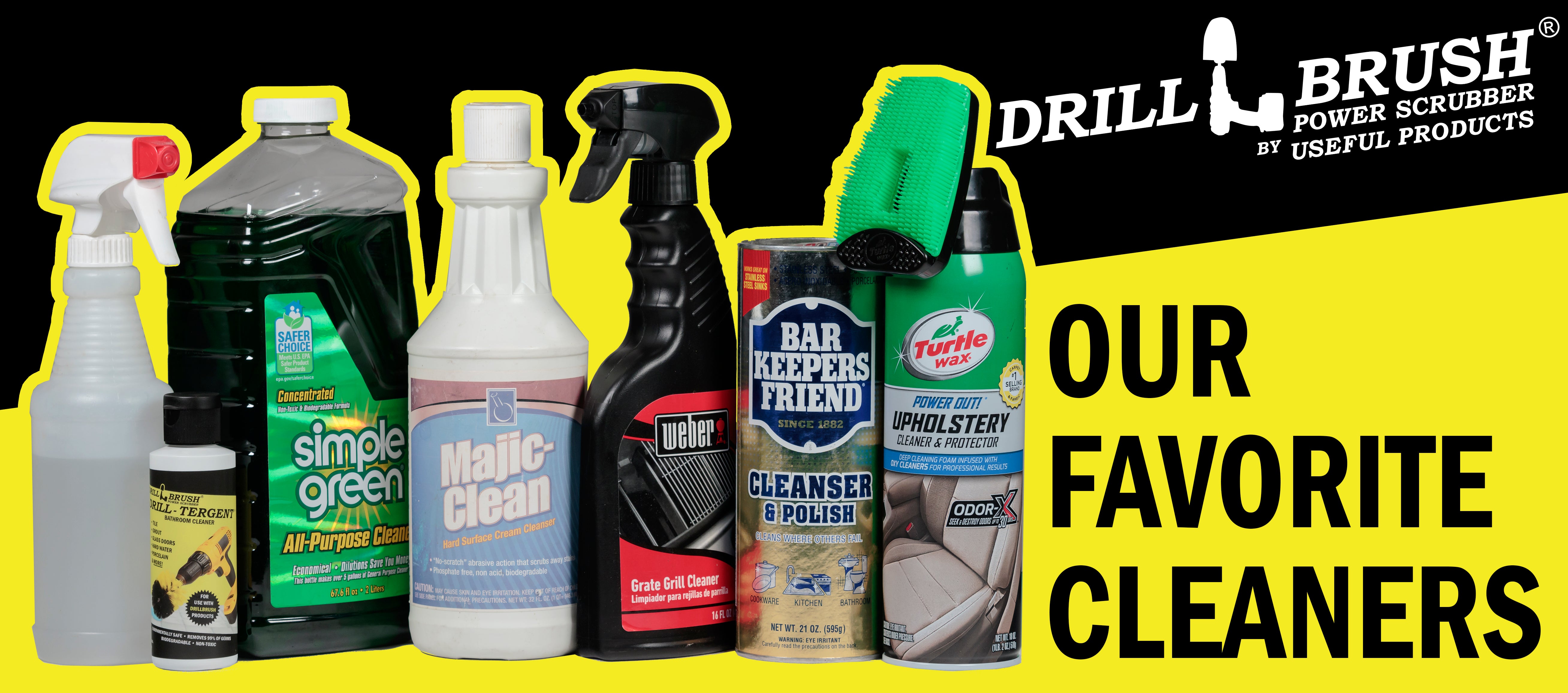
Credit: drillbrush.com
Potential Risks
Using bathroom cleaners in the kitchen may seem convenient, but it isn’t safe. These products are designed for specific surfaces and conditions. They often contain strong chemicals that aren’t suitable for food-prep areas. When misused, bathroom cleaners can pose risks that affect both health and safety.
Chemical Reactions
Bathroom cleaners contain harsh chemicals that react with kitchen surfaces. Mixing them with certain food residues can create dangerous fumes. These reactions may damage countertops or appliances, affecting their longevity. The wrong combination can lead to corrosive results.
Health Hazards
Inhaling fumes from bathroom cleaners can harm respiratory health. These products often contain bleach or ammonia, which are hazardous. Exposure can cause irritation to eyes, skin, and lungs. Accidental ingestion poses severe risks, making them unsuitable for kitchen use.
Safe Cleaning Practices
Maintaining cleanliness in every corner of your home is essential. Using bathroom cleaner in the kitchen might seem convenient. But it’s vital to practice safe cleaning methods. Knowing how to use cleaning products correctly ensures safety and efficiency.
Label Reading
Always read the labels on cleaning products. They provide crucial information about usage and safety. Labels often indicate where a product can be used. Some cleaners contain chemicals suitable for specific surfaces. Using them in the wrong area can cause damage. Follow instructions to avoid mishaps.
Ventilation Importance
Proper ventilation is key during cleaning. Many bathroom cleaners release fumes. These can be harmful in enclosed spaces. Ensure windows are open when using such products. Good airflow reduces inhaling these fumes. It also helps the room smell fresh afterward.
Alternatives For Kitchen Cleaning
Using bathroom cleaner in the kitchen can be risky due to harsh chemicals. Opt for gentle alternatives like vinegar or baking soda. These natural options clean effectively without harming surfaces or leaving toxic residues.
When it comes to cleaning your kitchen, you might wonder if it’s okay to use bathroom cleaners. While they can be effective in certain situations, they might not be the best choice for the kitchen. You need products that are safe for areas where you prepare food. Thankfully, there are safer and more suitable alternatives for kitchen cleaning. Let’s dive into some natural and DIY solutions that can keep your kitchen sparkling clean without the worry of harmful chemicals.Natural Cleaners
Natural cleaners are not only eco-friendly but also safe for your family. Vinegar is a powerhouse when it comes to cleaning. Its natural acidity makes it great for cutting through grease and grime. Simply mix equal parts of vinegar and water in a spray bottle, and you have a versatile cleaner for countertops and appliances. Baking soda is another excellent option. It’s mildly abrasive, which makes it perfect for scrubbing stubborn stains. Sprinkle some on a damp sponge to tackle those tough spots on your stovetop. The best part? It’s safe enough to use on pots and pans too. Lemon juice is a natural disinfectant with a fresh scent. Use it to wipe down cutting boards and sinks. You can even mix it with salt to create a paste for scrubbing tougher stains.Diy Solutions
You don’t have to buy expensive products to get your kitchen clean. Many effective solutions can be made with items you already have at home. A simple DIY cleaner can be made by mixing one part dish soap with two parts hydrogen peroxide. This combination is great for cleaning cutting boards and removing stains from countertops. Need to clean your microwave? Fill a bowl with water and add a few slices of lemon. Microwave it for a few minutes. The steam will loosen grime, and the lemon will leave it smelling fresh. For a quick floor cleaner, mix a cup of vinegar with a gallon of warm water. Mop your floors with this solution for a streak-free shine. It’s an easy way to maintain a clean kitchen without the fuss. Have you ever tried making your own cleaning solutions? You might find it not only effective but also satisfying. Plus, you’ll have peace of mind knowing exactly what’s in your cleaning products. With these natural and DIY alternatives, you can keep your kitchen clean, safe, and chemical-free. Why not give them a try?Handling Accidents
Using bathroom cleaner in the kitchen might pose safety risks due to harsh chemicals. Kitchen surfaces need gentle, food-safe cleaners to ensure health safety. Always read labels and choose appropriate products for each area.
Accidents happen even in the most organized kitchens. You might be in a hurry, juggling multiple tasks, and accidentally reach for the bathroom cleaner instead of the kitchen spray. It’s an easy mistake, but it’s important to handle such accidents effectively to ensure safety and cleanliness. Let’s explore how you can manage these situations with confidence and care.Immediate Steps
If bathroom cleaner comes in contact with kitchen surfaces, act quickly. First, wipe the affected area with a damp cloth to remove as much of the cleaner as possible. Next, rinse the surface thoroughly with water to dilute any remaining residue. Open windows or turn on a fan to ventilate the area. This helps disperse any lingering chemical odors. If the cleaner was mistakenly used on a food preparation area, wipe it down again with a kitchen-safe cleaner before use.When To Seek Help
Sometimes, accidents may require more than just a quick clean-up. If you notice a strong odor that doesn’t dissipate, it could indicate that chemicals are still present. In such cases, consider contacting a professional cleaning service for a thorough cleanup. If the bathroom cleaner has come into contact with food, discard the food immediately. Safety should always be your top priority. Additionally, if you experience any adverse health reactions like headaches or nausea, seek medical advice without delay. Handling accidents efficiently can prevent bigger issues. Have you ever used the wrong cleaner in your kitchen? How did you handle it? Share your experiences and tips in the comments!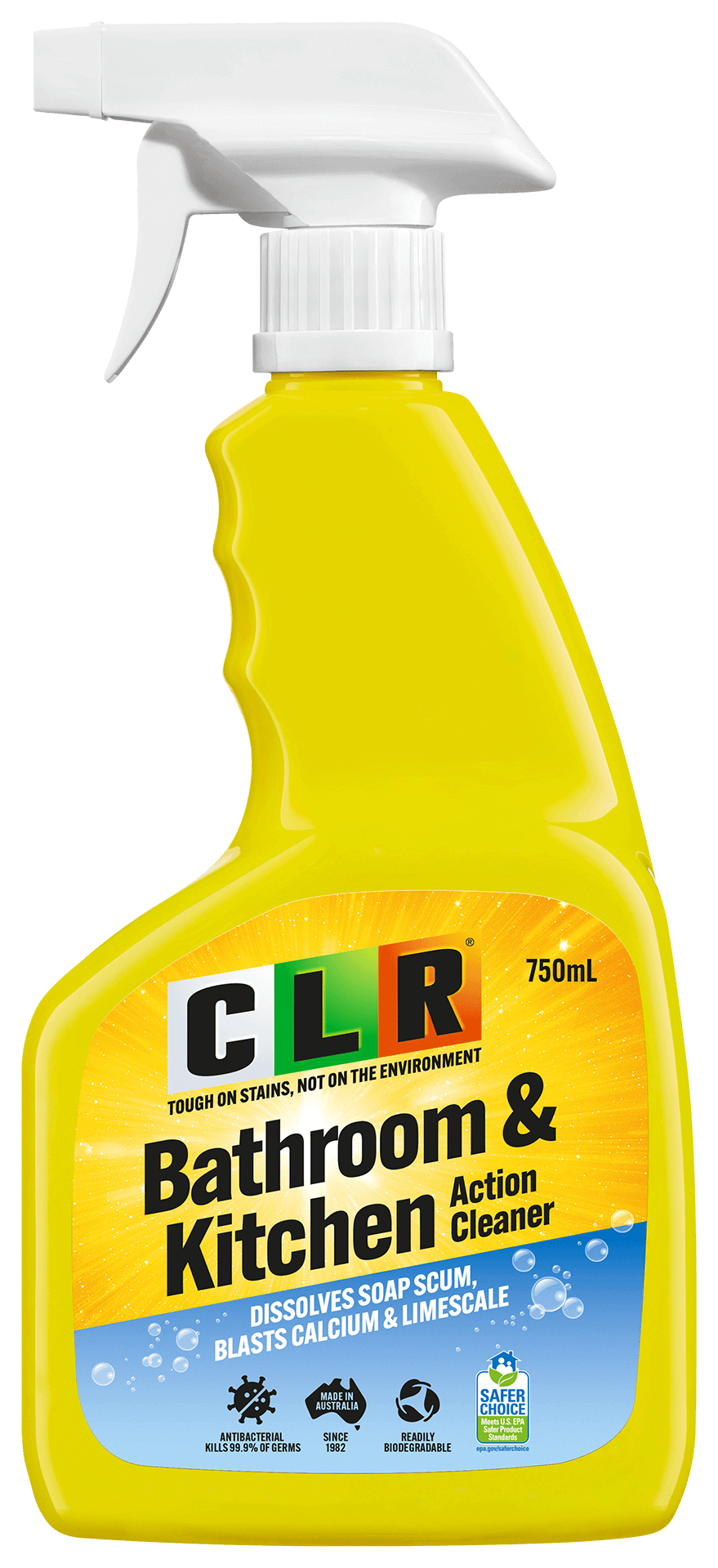
Credit: clrclean.com.au
Proper Storage Of Cleaners
Bathroom cleaners and kitchen cleaners have different purposes. Using bathroom cleaner in the kitchen can pose risks. Always store cleaners properly, following label instructions, to maintain safety and effectiveness.
Proper storage of cleaners is vital for a safe home environment. It ensures that cleaning products are effective and prevents accidents. Bathroom cleaners and kitchen cleaners must be stored correctly to avoid problems. This helps in maintaining hygiene and safety in both spaces.Avoid Cross-contamination
Cross-contamination can cause serious health issues. Always store bathroom and kitchen cleaners separately. Different cleaners have different chemical compositions. Mixing them can lead to harmful reactions. Use distinct shelves or cabinets for each type. Keep them in labeled containers to avoid confusion. This simple step ensures you use the right cleaner for each area.Safe Placement
Proper placement of cleaners is essential. Store them in a dry place to prevent leaks. Moisture can damage containers and ruin the product. Keep cleaners out of reach of children and pets. High shelves or locked cabinets are ideal. This prevents accidental ingestion or spills. Make sure each cleaner is easily accessible when needed. This makes cleaning efficient and safe for everyone in the home.Frequently Asked Questions
Is Kitchen Cleaner The Same As Bathroom Cleaner?
Kitchen and bathroom cleaners differ in formulation. Kitchen cleaners target grease and food residues. Bathroom cleaners focus on soap scum and mineral deposits. Choose specific products for each area for effective cleaning. Always check labels for intended use and ingredients.
Can You Use Bathroom Cleaner On Other Surfaces?
Bathroom cleaner can be used on other surfaces, but check labels first. Some surfaces may get damaged. Test on a small area. Avoid using on wood, marble, or granite to prevent damage. Always follow manufacturer instructions for best results.
Is The Bathroom Cleaner Than The Kitchen?
The kitchen often harbors more bacteria due to food preparation, making it potentially less clean than the bathroom. Regular cleaning of both areas is essential for maintaining hygiene. Focus on disinfecting surfaces, sinks, and high-touch areas to ensure cleanliness in both spaces.
Can You Use Scrubbing Bubbles Bathroom Cleaner In The Kitchen?
Yes, Scrubbing Bubbles bathroom cleaner can be used in the kitchen. It effectively cleans countertops, sinks, and tiles. Ensure proper ventilation and follow usage instructions for best results. Avoid using it on food-preparation surfaces without rinsing thoroughly. Always test on a small area first to prevent damage.
Can Bathroom Cleaner Be Used On Kitchen Surfaces?
Bathroom cleaner can be harsh for kitchen surfaces. It may damage countertops or leave residues. Use kitchen-specific cleaners.
Conclusion
Using bathroom cleaner in the kitchen? Not a great idea. Each cleaner serves a purpose. Bathroom cleaners tackle tough grime. They contain strong chemicals. Kitchen surfaces need gentler solutions. Mixing cleaners can be harmful. It might cause toxic fumes. Always read the label.
Choose the right cleaner for each space. Your health and home will thank you. Safe cleaning keeps your kitchen fresh. Stick to kitchen-specific products. They’ll do the job well. Keep your spaces clean and safe.

